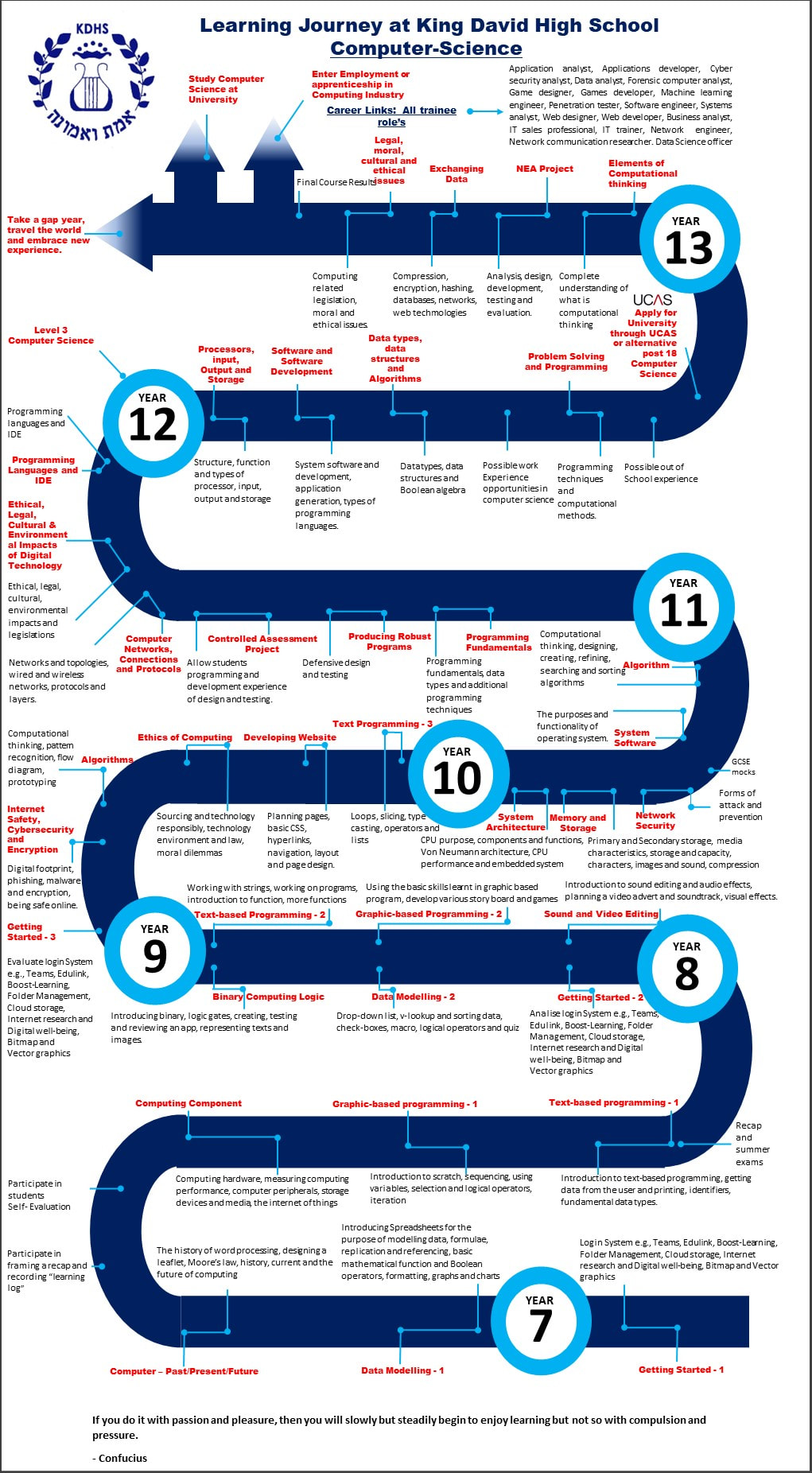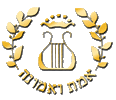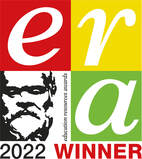ComputingLead Practitioner, Computer Science and Head of IT: Mr.R. Kumar
Mrs J Salem Miss C Thomas TECHNICIANS Mr H Marks Mrs J Partington Department VisionThe mission of the Department of Computer Science is to provide quality digital education in computer science to prepare our pupils to compete and progress in their learning journey and contribute to the economic, scientific, and social development of their further education.
The Department will aim to promote excellence in teaching, creative endeavours, and public service. The curriculum will prepare our students to apply these principles creatively and responsibly with a high degree of professionalism and a clear understanding of ethical and legal issues in computer science. The Department will utilize available resources to impart state-of-the-art technical knowledge, develop students’ verbal and written communication skills, and instil a desire to pursue lifelong learning. King David High School recognises the increasing need for pupils’ to be computer literate, and its’ policy is to provide industry-standard hardware and software, coupled with the highest standard of professional teaching, in order to equip the young people in our care for their future careers. Curriculum Model (Key Stage 3, GCSE, A-Level
Computing is a new subject which has replaced ‘ICT’. Computing comprises the three disciplines of computer science, digital literacy and information technology (IT). Broadly speaking:-
Computing is an academic subject with mathematical foundations and application to a wide range of business sectors including the financial, commercial and scientific sectors. At KDHS, students study all three disciplines from Year 7 both in computing lessons and, in the case of digital literacy, across the curriculum. By the end of Year 9 we aim for students to:
Students have the option from Year 10 to study GCSE and A level qualifications in computer science which focus on computer science, IT and creative i-Media as their course choices to further develop their IT and digital literacy skills. Key Stage 3 (Years 7-9)Year 7 –
This is an exciting and wide-ranging introduction for pupils entering the school in a double lesson each week. It allows pupils to get to grips with a range of software, whilst applying preliminary industry-standard computing practices and considering some of the challenges that technology brings to the modern world. All work is undertaken in modules, which include topics such as:
Year 8 – A natural progression from Year 7, building upon skills learnt and also introducing new software and also introducing concepts, such as web design and databases. Module topics include:
Year 9 – All pupils will follow a course in Computing, building upon skills learnt but will have different pathways: Route A: the majority of pupils will follow a course of 3 lessons a week, designed to prepare them for qualifications at Key Stage 4. Pupils will be set by ability and tackle a range of modules from a menu that will include topics such as:
Route B: some pupils may choose to follow the option of extra Music lessons and take one lesson of ICT per week. Topics tend to be more focused on business applications. Key Stage 4 (Years 10-11): GCSE OCR Computer ScienceWhy Choose Computing?
There are various reasons to study Computing, but the main reason is that it is guaranteed to equip students with valuable skills and knowledge for a solid foundation, for any career they wish to pursue in the future. These skills can also be developed further at higher education and for a future career in the industry to work with variety of technologies, such as web design and games development. The courses offered at The King David High School are engaging and enjoyable to study. Designed to nurture digital literacy and provide the student with up-to-date skills and an excellent understanding of the rapidly developing digital world. OCR GCSE Computer Science Students will have experienced some theoretical knowledge of computer systems and basic programming through their Computer Science lessons in Year 9. This course is challenging yet it offers a fun and interesting way to develop skills, which can be transferred to other subjects and applied in day-to-day life. Students are helped to improve analysis and problem-solving skills through the study of computer programming. The course provides excellent preparation for study in higher education and employment in the field of Computer Science that rely on these skills, especially where they are applied to technical problems. Careers include engineering, financial, science and medicine. Course Components: Component 01 – Computer Systems (50% of total GCSE) Just how do computers work? How can we keep safe whilst using computers? This first component is an exam focused on computer systems covering the physical elements of computer science and the associated theory. Component 02 – Computational Thinking, Algorithms and Programming (50% of total GCSE) How can we get computers to solve problems? How do computers run and store the programs we write? This component is focused on the core theory of computer science and the application of computer science principles. Component 03 – Programming Project (non-exam in school practical development exercise) Programming in action! This component is the non-exam assessment where you will be challenged by a range of exciting and engaging programming life-cycle tasks to apply the knowledge and skills you have learned. |
Key Stage 5 (Years 12-13): OCR A Level Computer Science (H446)
The first assessment of new A Level in Computer Science exam was held in June 2017.
New A Levels will be fully linear so assessment of a student’s knowledge and understanding of the whole course takes place at the end of two years of study. The full A Level Computer Science qualification will inspire and challenge students to apply the knowledge they gain with the creative and technical skills they acquire.
The first assessment of new A Level in Computer Science exam was held in June 2017.
New A Levels will be fully linear so assessment of a student’s knowledge and understanding of the whole course takes place at the end of two years of study. The full A Level Computer Science qualification will inspire and challenge students to apply the knowledge they gain with the creative and technical skills they acquire.
- The A Level will consist of three components, two of which will be externally marked question papers making up 80% of the qualification.
- The other 20% will be the coursework project, which will retain its current qualities but will be more focused, with a greater emphasis on coding and programming with a simple assessment model and marking criteria.
Assessment
Component |
Assessment |
Weighting |
Marks and Duration |
01 Computer systems |
Externally marked question paper |
40% |
140 marks / 2hr 30min |
02 Algorithms and programming |
Externally marked question paper |
40% |
140 marks / 2hr 30min |
03 Programming project |
Internally assessed, externally moderated |
20% |
70 marks |
Activities/Trips/Extracurricular
COMPETITIONS
Joint entry between the Computing and Science Departments through STEMNET to the Elite Engineering Programme for Schools. Although not successful this time, we have learnt a lot about the process. To view our video submission, go to http://www.youtube.com/watch?v=lGwbs1UYrsc
RESOURCES
Resources have been published on the school’s VLE
Joint entry between the Computing and Science Departments through STEMNET to the Elite Engineering Programme for Schools. Although not successful this time, we have learnt a lot about the process. To view our video submission, go to http://www.youtube.com/watch?v=lGwbs1UYrsc
RESOURCES
Resources have been published on the school’s VLE
Web Links
ACTIVITIES/EXTRA-CURRICULAR
- STEMNET Club in conjunction with Mathematics and Science departments
- Coursework Club
- Photography Club (in cooperation with the Media department)
- Links with Manchester University Computing Department
- Links with Manchester Museum of Science and Industry
- School trips (watch this space)
Computer Applications (free resources):
Computer Programs (free resources):
Hardware:
General Resources:
Examination Boards:
- Logo - http://www.transum.org/software/Logo
- MonkeyJam - http://monkeyjam.org/
- SQL - http://sqlzoo.net/
Computer Programs (free resources):
- BlueJ - http://www.bluej.org/
- BYOB - http://byob.berkeley.edu
- Greenfoot - http://www.greenfoot.org/door
- Kodu - http://www.microsoft.com/en-us/download/details.aspx?id=10056
- MIT App Inventor - https://sites.google.com/site/appinventor
- Pygame - http://www.pygame.org/download.shtml
- Python - http://www.python.org
- Scratch - http://scratch.mit.edu
- SmallBasic - http://smallbasic.com
- Visual Studio - http://www.visualstudio.com/en-US/products/visual-studio-express-vs
Hardware:
- Gadgeteer - http://research.microsoft.com/en-us/projects/gadgeteer/default.aspx
- Raspberry Pi - http://www.raspberrypi.org/
General Resources:
- BBC Bytesize - http://www.bbc.co.uk/schools/gcsebitesize/
- Beltchley Park - http://www.bletchleypark.org.uk
- British Informatics Olympiad - http://www.olympiad.org.uk/
- Computing at School - http://www.computingatschool.org.uk
- Computing Cipher Challenge - http://www.cipher.maths.soton.ac.uk/
- CryptoClub - http://www.cryptoclub.org/
- Elite Engineering Programme for Schools - http://www.eep-schools.org.uk/about-us/
- E-Safety - http://www.thinkuknow.co.uk/11_16/
- Manchester Museum of Science and Industry (MOSI) - http://www.mosi.org.uk
- Manchester University Department of Computing - http://www.cs.manchester.ac.uk
- National Media Museum - http://www.nationalmediamuseum.org.uk/
- National Museum of Computing - http://www.tnmoc.org
- STEMNET - http://www.stemnet.org.uk
- Teach ICT - http://www.teach-ict.com/
- Unity (School Portal) - http://unity.kdhs.org.uk/
- WISE - http://www.wisecampaign.org.uk/about-us
- Young Rewired State - http://youngrewiredstate.org/
Examination Boards:
- AQA - http://web.aqa.org.uk/
- OCR - http://www.ocr.org.uk/
Specialist Status
King David High School is a Maths & Computing Specialist Status School. This means that the quality of Mathematics and Computing is of a very high standard and that the school works with other bodies to help raise standards elsewhere.




